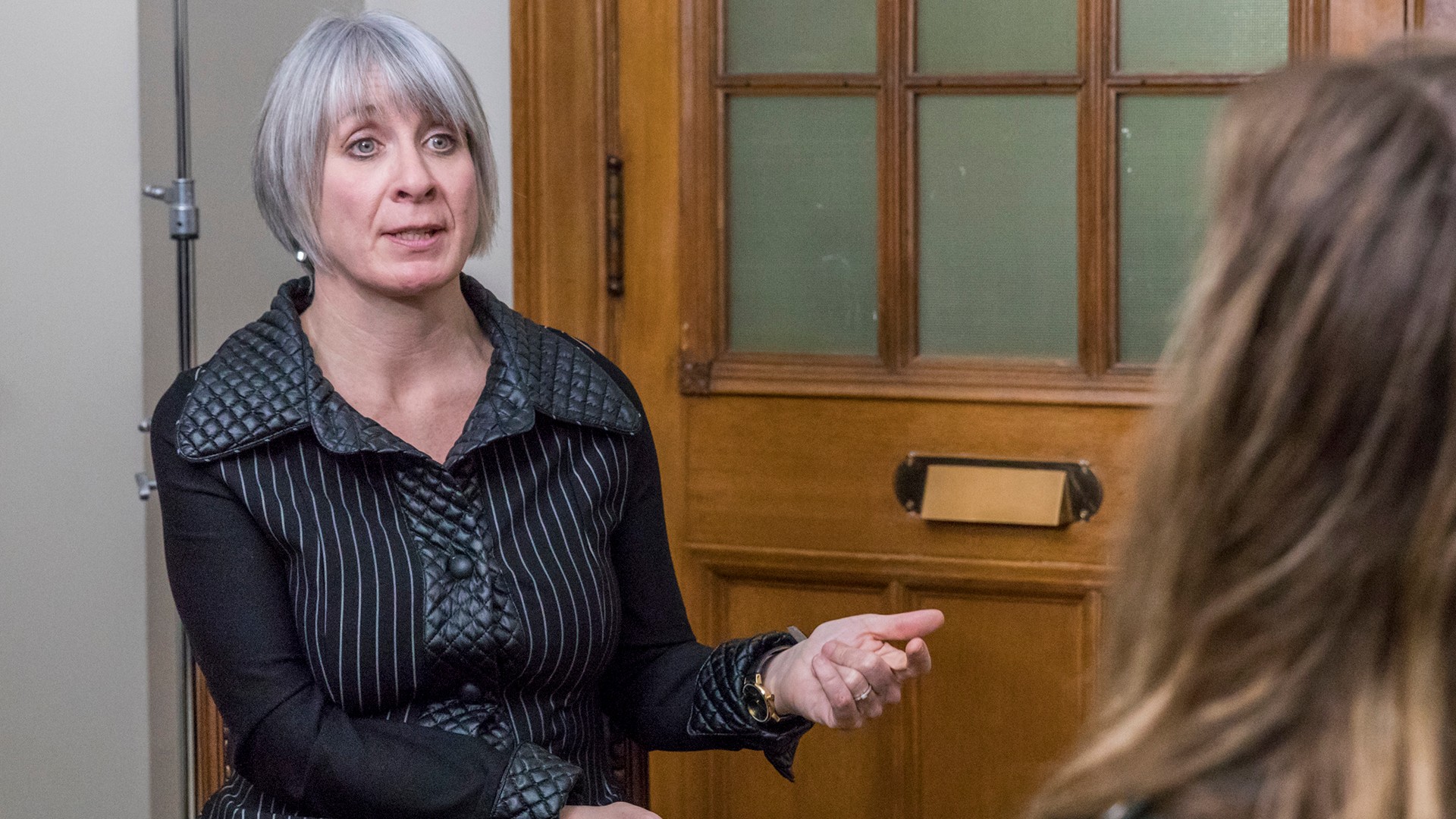A judge whose comments in a sex assault case drew protesters to the streets of Halifax, and prompted more than 100 complaints to the Nova Scotia Judiciary, has been cleared of misconduct claims.In March 2017, Judge Gregory Lenehan acquitted cab driver Bassam Al-Rawi of sexually assaulting his passenger, who was found unconscious and naked from the chest down in the back of his car, stating “clearly a drunk can consent.”His ruling in the Al-Rawi case prompted 121 complaints to the Nova Scotia Judiciary alleging gender bias in that case and others. After striking a review committee last September to investigate the claims, on Wednesday the Office of the Nova Scotia Judiciary cleared the judge, saying it would be “dangerous and wrong” to equate his comments with judicial misconduct.In its decision, the committee looked closely at Lenehan’s statements in three separate cases.REASONABLE DOUBTIn the Al-Rawi case, a police officer found the complainant passed out in the back seat, while the driver’s seat was reclined, and the driver attempted to hide the complainant’s urine-soaked underwear. The complainant’s DNA was found on the driver’s upper lip.“One of the elements that must be proven by the Crown in a sexual assault case is the absence of the complainant’s consent to the sexual activity,” the review committee wrote in its decision. “The onus is on the Crown to do so beyond a reasonable doubt. The Crown offered no direct evidence in this regard, but relied upon circumstantial evidence in an attempt to establish that the complainant did not consent, or did not have the capacity to consent.”While an appeal found that the judge made an error of law by finding there was no evidence of lack of consent, and the matter was sent back to trial, that wasn’t enough to meet the high bar of judicial misconduct.Lenehan also faced complaints about another case in which he told a breastfeeding mother to “take that out of the courtroom please.” His choice of language in the breastfeeding incident “may have benefitted from more careful and contextual reflection,” the committee said, but found that asking the breastfeeding mother to leave was necessary to control noise in the courtroom.'MOB JUSTICE'In a well-known child pornography case, in which a young man pleaded guilty to taking a photo of 15-year-old Rehtaeh Parsons being penetrated by a second young man, Judge Lenegan sentenced the photographer to a conditional discharge. The man was 17 when he took the photo.The committee found that the judge displayed no gender bias in sentencing the young man. “To the contrary, Judge Lenehan’s words to the youth reflected a strong awareness of the objectification of the young woman involved and he conveyed that message to the youth in no uncertain terms.” The sentence Lenehan handed down was also within the range proposed by the Crown and defense counsel, the committee said. In a case of another judge that raised similar ire from protesters, Justice Robin Camp stepped down after a Canadian Judicial Council recommended he be removed for telling a complainant she should have kept her “knees together” during a sexual assault.In the Nova Scotia decision, the committee quoted the Council’s ruling on Camp: “‘Public outrage is not a reliable barometer of the legal concept of public confidence.’ In assessing the impact of a judge's conduct on public confidence, we must act ‘as watchdogs against mob justice.’”
In a case of another judge that raised similar ire from protesters, Justice Robin Camp stepped down after a Canadian Judicial Council recommended he be removed for telling a complainant she should have kept her “knees together” during a sexual assault.In the Nova Scotia decision, the committee quoted the Council’s ruling on Camp: “‘Public outrage is not a reliable barometer of the legal concept of public confidence.’ In assessing the impact of a judge's conduct on public confidence, we must act ‘as watchdogs against mob justice.’”
Advertisement
The committee found that Lenehan was not wrong in stating “a drunk can consent,” explaining, “it is well established in our jurisprudence that an intoxicated person may still have the capacity to voluntarily agree to [sex].”
Advertisement
